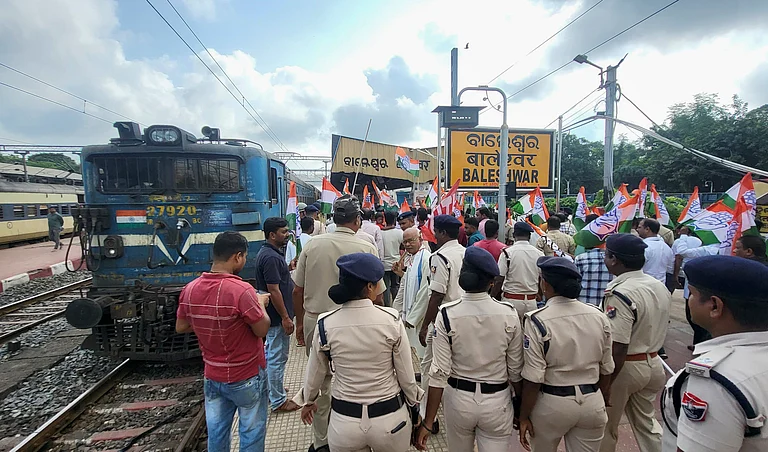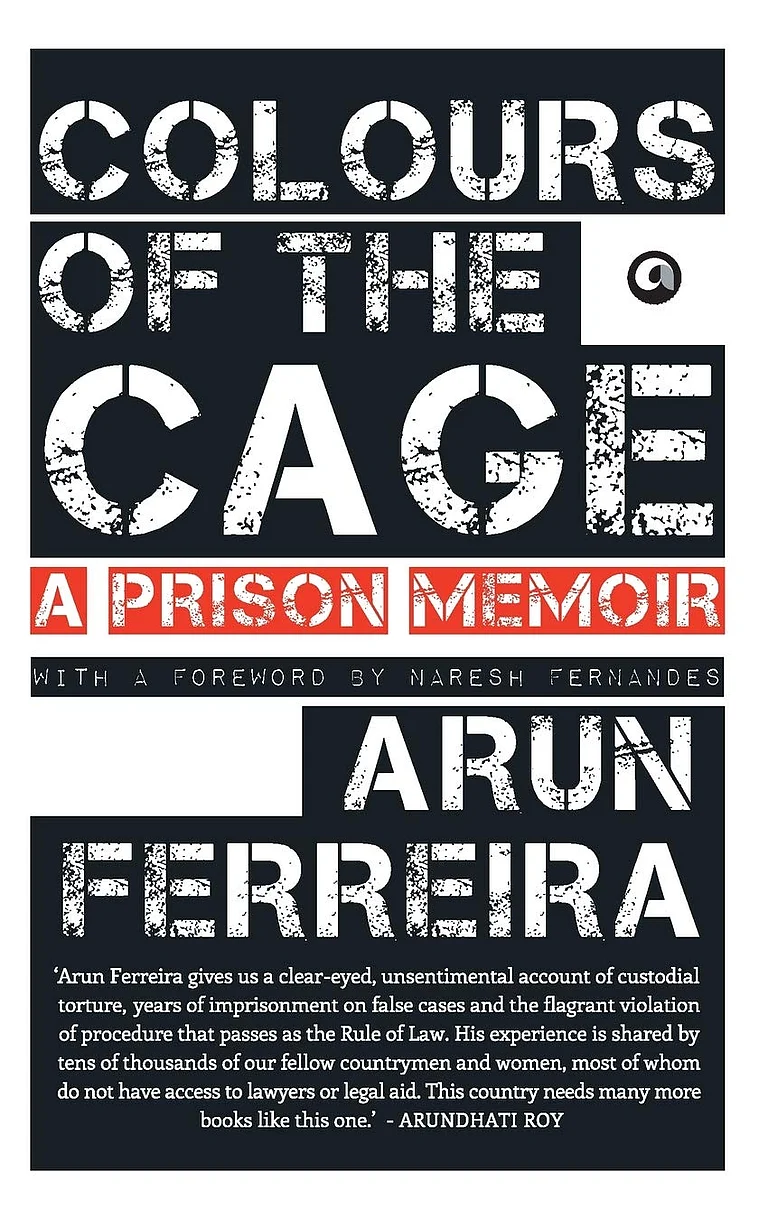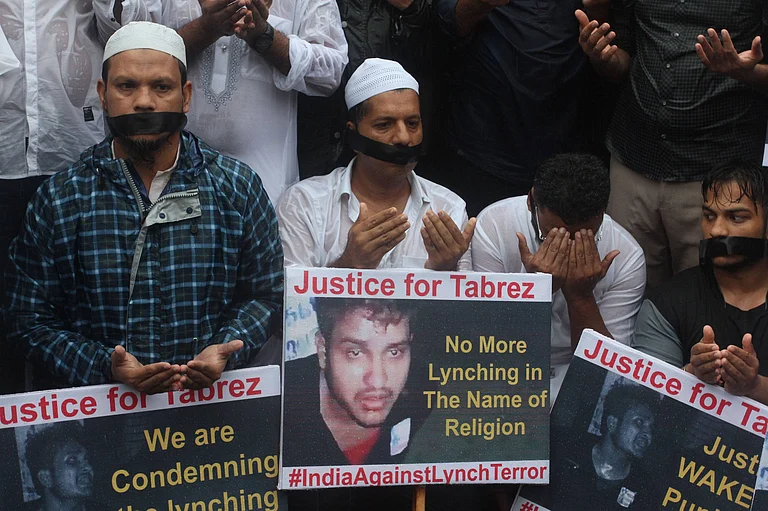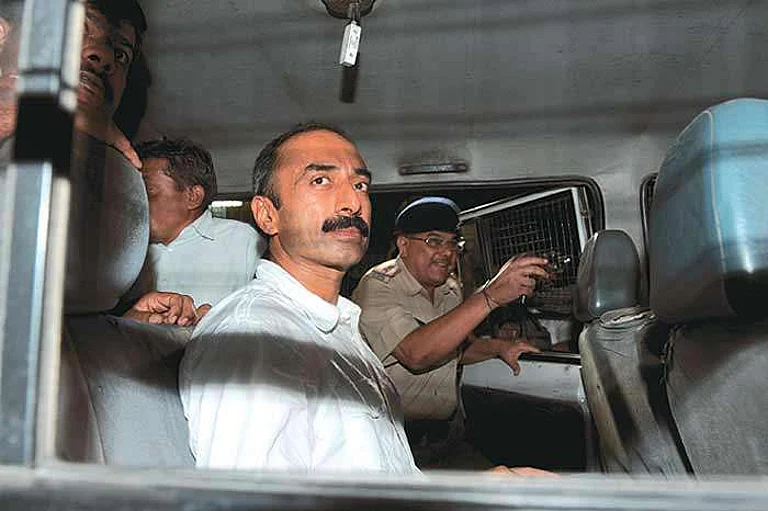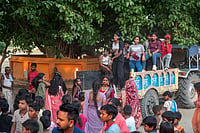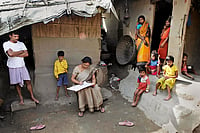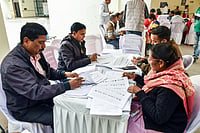“My brother, Aftab Ansari was murdered by the Ramgarh police station in-charge and members of the Hindu Tiger Force. They picked him up on July 23. When we went to the station, they denied he was in custody. Later, they claimed he had escaped. If he did escape, why weren’t we informed immediately?”
These are allegations levelled by Altaf Ansari after the body of his brother, Aftab, 28, was recently recovered. Altaf claims Aftab was beaten by a right-wing group before being taken into custody, and again while in police custody—abuse that ultimately led to his death.
Aftab, a resident of Lari Kala village, about 10 km from Ramgarh, was accused of sexually exploiting a tribal girl under the pretense of offering her a job and allegedly attempting to convert her religion. A video that has gone viral shows that on July 23, members of the Hindu Tiger Force stormed the shop where he worked, assaulted him, and handed him over to the police, who then took him to Ramgarh police station.
Altaf told Outlook: “As soon as we heard about the custody, I rushed from Bokaro to Ramgarh on July 24. The police denied holding Aftab. Later, the shop owner Shamim Ansari went to the station and was told that, due to pressure, the police had released both Aftab and the members of the Hindu Tiger Force on July 23. We searched for him on our own on July 25 but found nothing. On July 26, we returned to the station with local leaders and residents and created a stir. Only then did the police claim Aftab had escaped from custody. We asked: how did he escape? Why did they lie for two days and never inform us?”
That same day, a body was recovered from a nearby river—later identified as Aftab’s. Altaf says the then SDPO (Subdivisional Police Officer] of Patratu admitted wrongdoing and that several officers, including the station in-charge, were suspended. Aftab’s wife, Saleha, filed an FIR [First Information Report] on July 26, naming 12 members of the Hindu Tiger Force as accused. Only one has been arrested so far. The family insists this was a murder involving collusion between the police and the right-wing group.
As of now, the post-mortem report is pending. The family alleges both murder and custodial death. The police deny all such accusations. Ramgarh SP Ajay Kumar told Outlook: “He was brought to the station on July 23. On July 24, at around 12:25 PM, he escaped from the police station. He ran towards a river about 300 meters away. Some police staff chased him. He swam for a bit but was caught in a whirlpool and drowned.”
On the question of custodial death, SP Kumar said, “This is not a custodial death, but a case of police negligence. We immediately suspended eight police personnel, including the station in-charge.”
Aftab’s mysterious death has triggered a political storm. Former Chief Minister and Bharatiya Janata Party (BJP) leader Babulal Marandi wrote on social media platform X on July 24, alleging that Aftab attempted religious conversion and rape, calling it a failure of law and order. In response, Health Minister Irfan Ansari said Marandi’s inflammatory remarks created pressure on the police and worsened the situation—possibly contributing to Aftab’s death. He has demanded a high-level inquiry from the Hemant Soren government.
This is not the first time Jharkhand police have faced such allegations. In May this year, the custodial death of Meraj Ansari in Deoghar prompted the National Human Rights Commission (NHRC) to take suo motu cognizance. Similarly, the death of minor Durgesh Mahato in Latehar led the High Court to demand answers from the state.
Given the long list of such incidents in the state, CPI(ML) leader Vinod Kumar Singh raised a question during his tenure as a Member of the Legislative Assembly. In response, during the 2022 budget session, the Department of Prisons and Disaster Management submitted a written reply in the Jharkhand Assembly stating that between 2018 and 2020, a total of 166 custodial deaths had occurred in the state—156 in judicial custody and 10 in police custody. Based on available data, the number of deaths in custody in the years 2018-19, 2019-20, and 2020-21 were 67, 45, and 54, respectively.
Vinod Kumar Singh said that deaths in custody are a serious issue in the state: “This is not just about one individual. The purpose of raising my question was to prompt the government to take such deaths seriously. There should be an independent commission to investigate these cases and conduct fact-finding inquiries so that the behavior of police and investigating officers can be improved. But I don't think any steps have been taken in that direction.”
Speaking on the death of Aftab Ansari, Vinod Singh said, “Whether this is a case of murder or custodial death is a matter of investigation. But if you look at custodial deaths overall, the principle is that until a court convicts someone, they should not be considered guilty. Yet in nearly 80 per cent of cases today, people are held in custody without conviction. The police treat whoever they arrest as a criminal and often abuse their power. They torture detainees. In many cases, they die in jail—either due to torture or because, after being brutally beaten, they fall ill and die due to lack of proper medical treatment.”
Reports show that Dalits, Adivasis and Muslims disproportionately suffer custodial and judicial deaths. Most families cannot afford a legal battle and some are forced to give up due to poverty.
One such person is 45-year-old Nurjahan Khatoon, from a slum area in Islam Nagar, Ranchi, the state capital. Her husband Mohammad Jalil’s case was closed last year due to lack of evidence. For six years, she ran from pillar to post—even approaching the NHRC—but failed to prove that his death was due to police beating.
Jalil, a 50-year-old box maker, was picked up by Lower Bazaar police in August 2018 on suspicion of gambling (matka). He and several others were held overnight. When Nurjahan went to see him the next morning, she was told he had been sent to jail. On the third day, just after Eid, policemen came to her home saying Jalil had fallen sick in jail. They asked her to come along but first made her sign a paper. “In panic, I signed. Then they told me my husband was dead,” she said. “He had no medical conditions—no blood pressure, diabetes, or heart problems. He was healthy and ran our household. The police beat him severely in custody, and that’s what killed him.”
After six years of trying but failing to get justice, the case was closed. Her sons dropped out of school to work, and the financial burden became unbearable. “At the start, police had come and offered me compensation if I withdrew the case,” she said.
The post-mortem had revealed multiple injuries on Jalil’s body.
One media report found that between late 2019 and 2022, of 33 alleged police atrocity victims, 23 were Adivasis, four Muslims, and the remaining six were Dalits or others.
According to the NHRC, between 2020 and 2022, there were 4,206 deaths in judicial custody and 278 in police custody across India. Of these, only 252 judicial and 58 police custody deaths received compensation.
The death of Aftab Ansari reflects a disturbing pattern of custodial abuse in Jharkhand, disproportionately affecting marginalized communities. As allegations of police brutality, impunity, and systemic negligence continue to emerge, families often struggle both emotionally and financially in their quest for justice. With minimal accountability and rare convictions, custodial deaths remain an unresolved and worsening human rights crisis.









